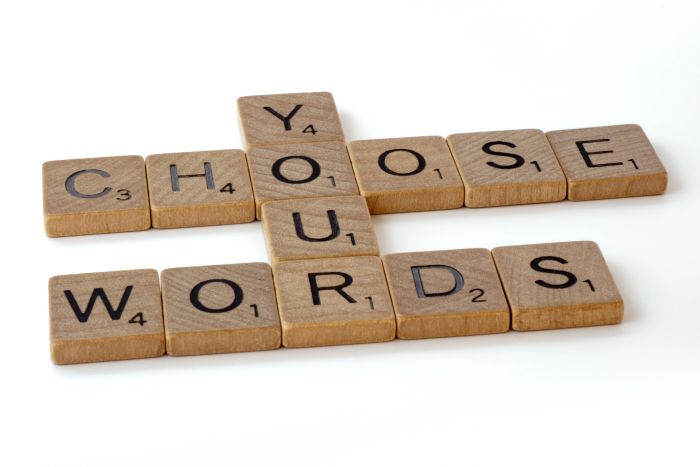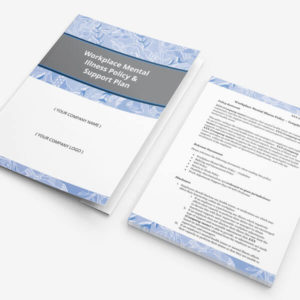As talking about mental health, and mental health issues becomes more common, it is worth pausing and considering if we are using respectful and appropriate language.
The use of language changes over time. Outdated and inappropriate language can increase stigma and prejudice. It can also increase misunderstanding, feed negative stereotypes, and make a person feel more isolated and disrespected.
Mental Health Language: The Words We Use Matter
Consider the following examples:
Be mindful of the stigmatising words and terms often used when talking about mental health issues such as psycho, breakdown, weak, nutjob, schizo… If you are in a position where you need to talk about another person’s mental health issues (which you would only be doing with their permission) using respectful language is important, such as:
- ‘She’s been unwell.’
- ‘They are feeling anxious.’
- ‘He’s been experiencing some mental health issues.’
As well as changing our own language and terminology, we can support our friends and colleagues by suggesting more appropriate phrases. When we hear people using discriminatory or unhelpful language, consider how to share why those terms might be unintentionally harmful.
If the person has shared that they are living with a particular mental health condition with you and is happy for you to share this information with others, then listen to the words they use to describe themselves, or ask them “how would you like me to share that information?”
Sometimes people will have preferences, for example:
Instead of “He’s suffering from schizophrenia.”
They might personally prefer:
- ‘He’s schizophrenic.’
- ‘She’s living with schizophrenia/depression/anxiety, etc.’
- ‘They’ve been diagnosed with schizophrenia and what that means for them is …’
For others, they will not want to use any diagnostic labels, but instead to describe some of the impacts they experience. Engage with and listen to the person about their chosen terminology and wording.
Language around suicide
The language we use around suicide is also very important, and we might unwittingly use stigmatising language. Ensure that if you do have a need to talk about how someone died, or a suicide attempt, that you do this is a respectful way. For example,
Instead of saying ’She tried to top herself‘ or ‘They did themself in’ which can seem dismissive and dehumanising, or instead of saying something such as ‘unsuccessful suicide’ which has unhelpful use of a positive word ‘successful,’ you might say:
- “She attempted suicide.”
Instead of ‘They committed suicide’ which can evoke connotations of committing a sin, or committing a crime, say:
- ‘They died through suicide.’
The words we use matter. They show our intention for respect and inclusion. Take the time to listen to the words a person prefers. And understand that language use evolves over time. So you can also evolve and adapt when phrases have become outdated.
Mindframe
Mindframe Australia has good up to date information about language to use when discussing mental health issues and suicide. These guidelines are important for use in all communications, including traditional media and social media. Check them out:
https://mindframe.org.au/suicide/communicating-about-suicide/language
Sane
If you are concerned about stigmatising language or representation relating to mental health in media, you can report it to Sane Australia’s StigmaWatch here:
-
 Healthy Minds, Flourishing Workplaces | eLearning Course$198.00 inc.GST
Healthy Minds, Flourishing Workplaces | eLearning Course$198.00 inc.GST -
 Workplace Mental Health for Leaders | eLearning Course + Assessments$770.00 inc.GST
Workplace Mental Health for Leaders | eLearning Course + Assessments$770.00 inc.GST -
 Workplace Psychosocial Safety & Wellbeing Policy and Support Pack$950.00 inc.GST
Workplace Psychosocial Safety & Wellbeing Policy and Support Pack$950.00 inc.GST
Tap into our mental health expertise
Image: Brett Jordan (Unsplash)



